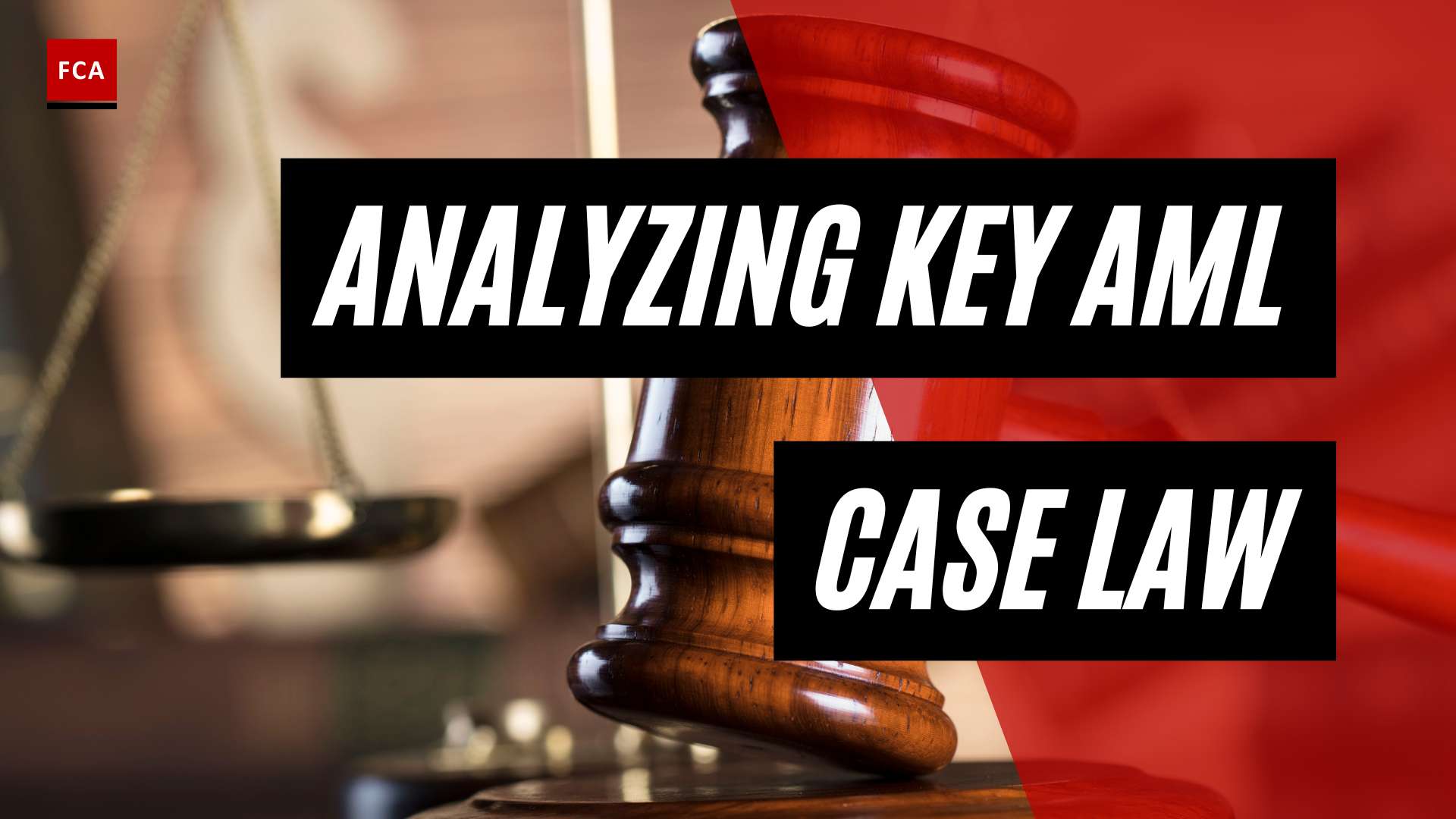The Covid-19 pandemic has affected lives in a multitude of ways. The one-year mark of the lockdown was just recently passed in early April in many countries of the European Union and worldwide, marking a time of disarray as businesses closed in an effort to reduce hospital admissions and infection rates. Even a year later, the virus is still weighing heavily on many lives, and the world is not yet rid of it, nor the associated financial crimes. Since March 2020, the rate of cyber-crimes has been estimated to increase by 42%, making substantial use of money mules.
These cybercriminals have found opportunities for making money, from targeting medical supply companies to vulnerable individuals. Unemployment is at a peak in several countries, following the effects of the pandemic, and financial criminals have found ways to profit off of those feeling the burden of the crashing job market the most through money muling.
Table of Contents
- Key Takeaways
- What Is A Money Mule?
- Where It Begins
- What Money Muling Causes
- What We Can Do About It
- Summary
Key Takeaways
- Money mules are (oftentimes unknowing) individuals recruited to assisst criminals in the layering stage of the money laundering process to transfer illegal funds from one criminal account to another.
- Money mules are also commonly used (abused) in the placement stage of the money laundering process, where a money mule is asked to make a deposit of funds – either to an account held in the name of the money mule or in the name of a direct associate of the criminal organizations.
- Money muling has quickly gained pace throughout the course of the pandemic, preying on unemployed (young) adults in need of money.
- Banks can incorporate AML laws and KYC rules to work against the money launderers and protect innocent victims.
What Is A Money Mule?
Money mules are illegal money movers, and they often don’t know it. With the loss of many jobs, particular groups of people – especially young people and people professionally less qualified than others – are becoming the target of such money laundering schemes because it offers quick cash and sometimes works without even leaving one’s house.
Criminals enlist money mules on places such as job sites or social media. With the promise of fast money, criminals ask targets for banking information to transfer funds from one account to another, giving the target a small cut of the total amount. Often unknowingly, these targets become money mules – accomplices to cyber-crime and aid to money laundering.

Where It Begins
Money muling is not a novel idea. Although this concept has been around for some time, the pandemic allowed targets to become more vulnerable. According to Cifas – which is a fraud prevention service in the United Kingdom – research shows that in 2020 alone, cases of money muling surpassed 17,000, targeting victims most commonly between the ages of 21 and 30.
In the UK, Cifas and others are looking to target economic crime to the Online Safety Bill this year, holding online platforms responsible for eliminating the risk of money mules. This includes environments such as TikTok and Instagram, which attract users around the ages of money mule fraud victims.
What Money Muling Causes
Mules are most often unaware of the consequences of their actions. Even so, when the transferred money is involved in serious criminal activity, such as drug or human trafficking, terrorism finance, or organized crime, the mules are held accountable for their part in the offense. These severe penalties can be life-changing for the victims. Researchers have found that 25% of money mule victims feel they did nothing wrong.
Two British students made the news for a prominent money mule case occurring in 2019. Cases like these have been increasing in numbers during the pandemic. Criminals sometimes masquerade themselves and are, in some instances, bank representatives or government organizations providing “liberation”.
Another form of fraud increasing in populating is romance scams, targeting lonely individuals who are offered company during a time of isolation. Attacking the concerns of individuals during the pandemic has been an effective form of movement for cybercriminals to lure victims.
Similarly, charities are a common point of weakness targeted by online criminals. By pursuing charities in need of money, fraudsters convince them to become money mules to make the small profit that often means a lot to them.
Cryptocurrencies only makes these transfers easier, posing new threats and forcing agencies to look in new areas to find where the crime starts.
What We Can Do About It
Despite the effects of the pandemic over the past year, banks need to continue pushing their anti-money laundering responsibilities to eradicate money laundering opportunities. Some banks and organizations have attempted this in the past, but unfortunately, some are ineffective and impractical, not slowing down the corruption.
Cybercrime has been most influential online and on platforms that target vulnerable individuals or not-for-profit charities that lack face-to-face communication. The Financial Action Task Force (FATF) notes that banks must continue to organize anti-money laundering procedures by all means available, including increasing the measures necessary to upload checks and promoting the know-your-customer rule. Young people need more access to education on such topics to understand how to avoid becoming involved in a money mule situation.
By making money muling a more considered topic, cutting down on suspicious activity may be more doable. By understanding the specific risks and protocols required, money muling can be slowed down, and potential victims can be protected.
Summary
In short, money muling is a crime picking up in pace and feeding on the vulnerable. Banks and government agencies can work to create available information and protocols to protect young adults from becoming targets and slow down the advancement of criminals. AML procedures need to be put in place to stop cryptocurrency from increasingly becoming a tunnel of illegal money movement as well.
Cybercriminals in need of illegal profit are picking on these unfortunate victims. AML processes can flag suspicious behaviour and regulate money movement through know-your-customer procedures and reliance on technology before it becomes an issue.








